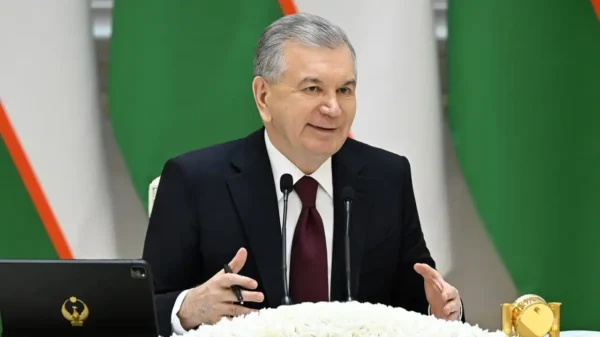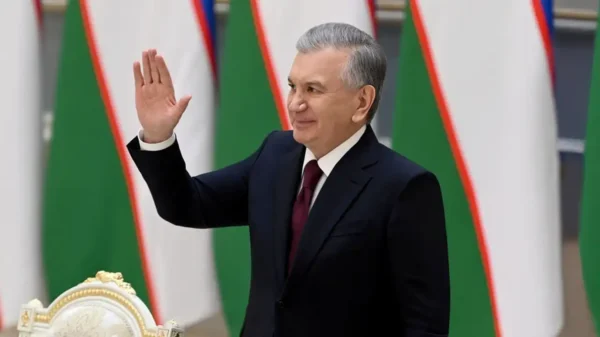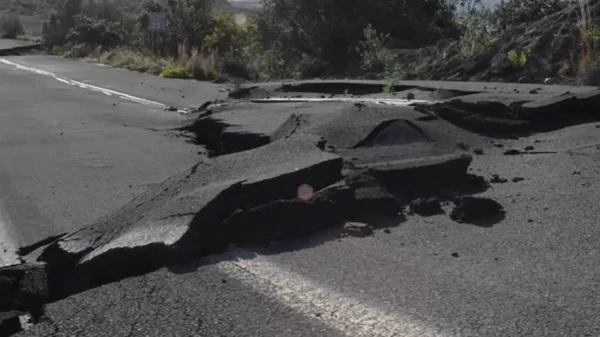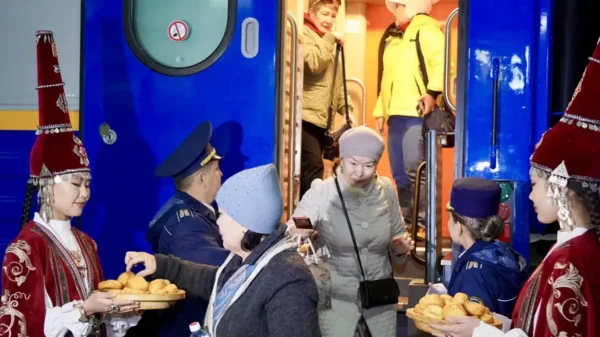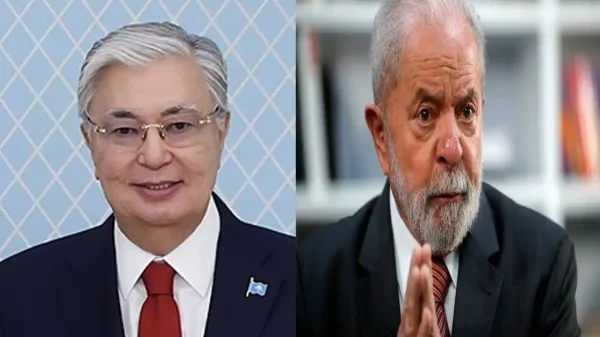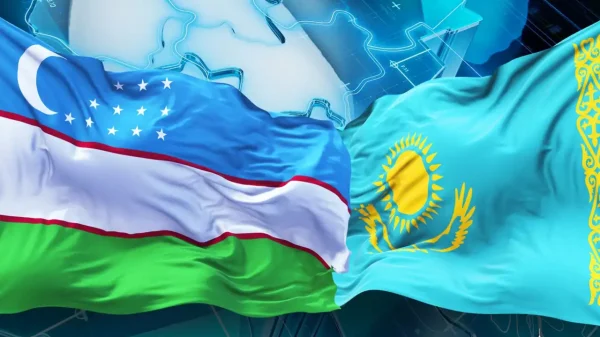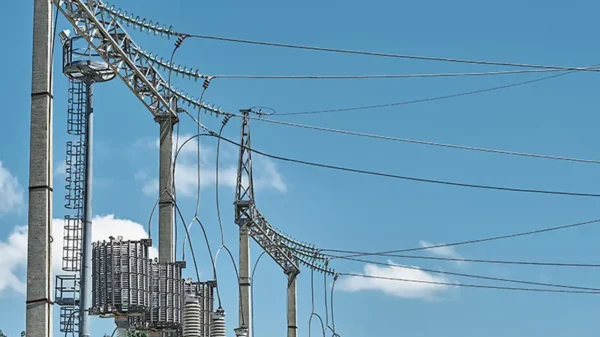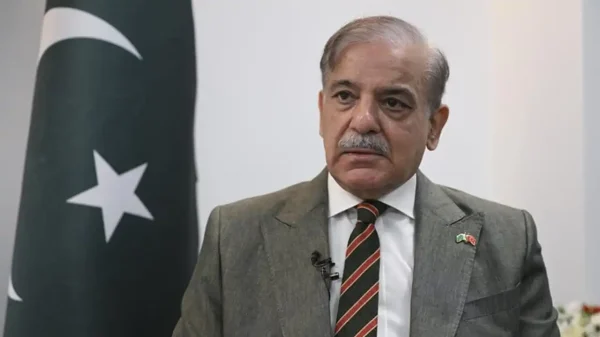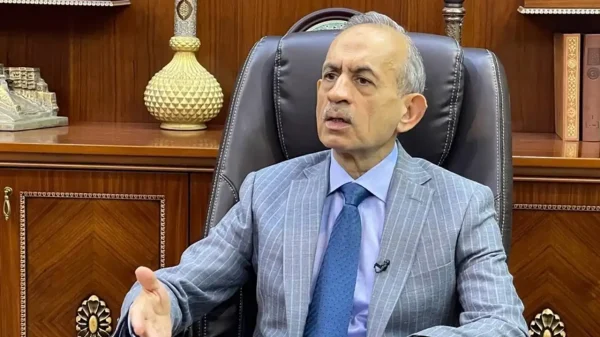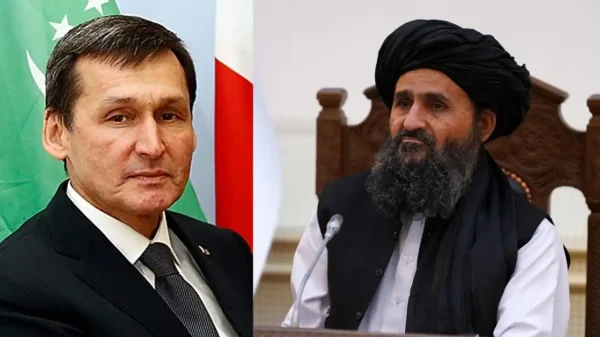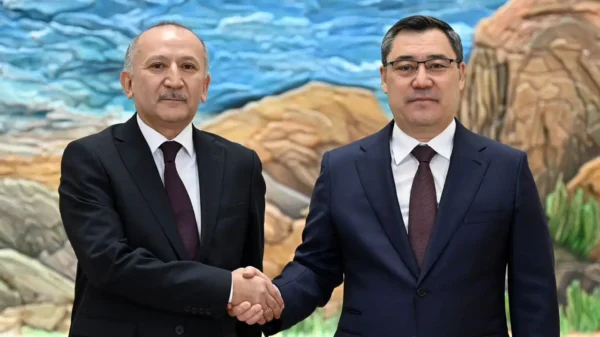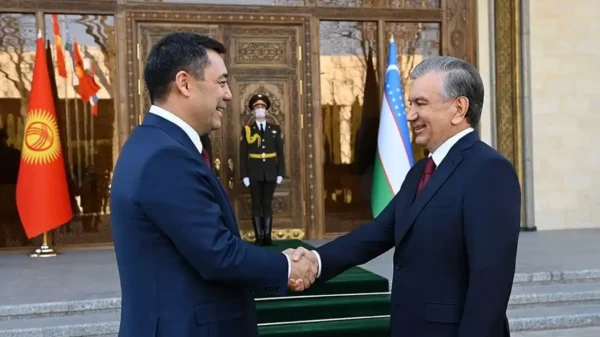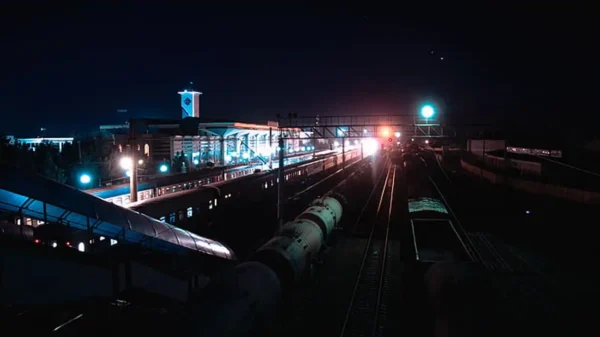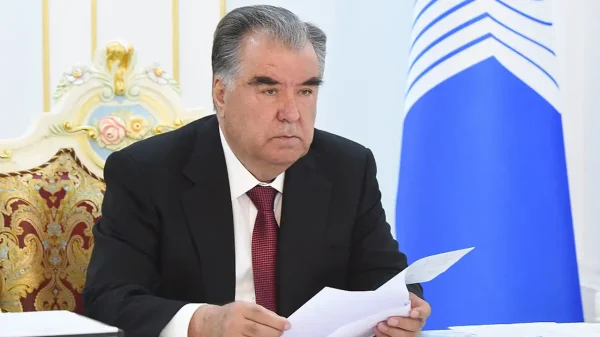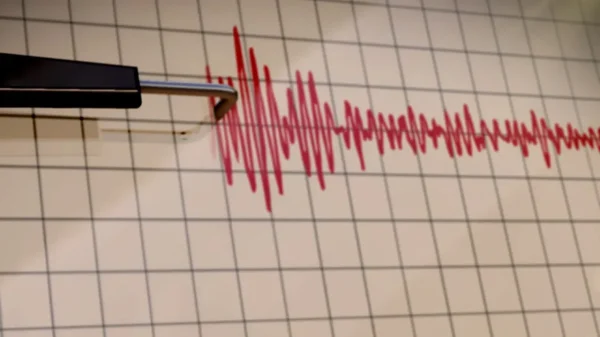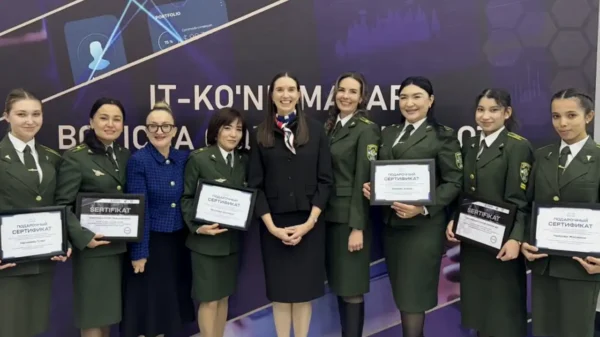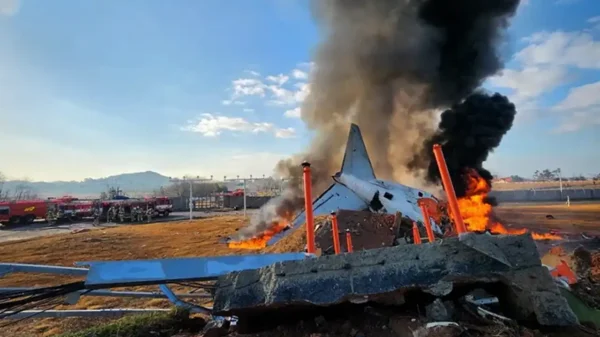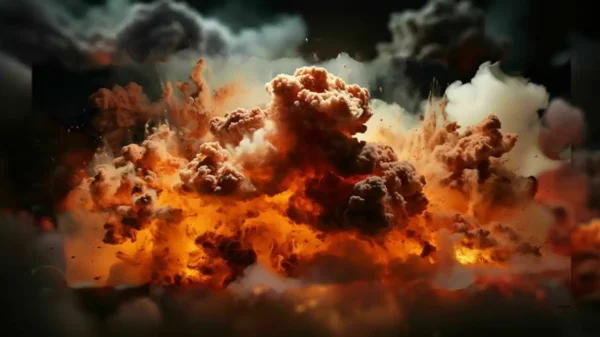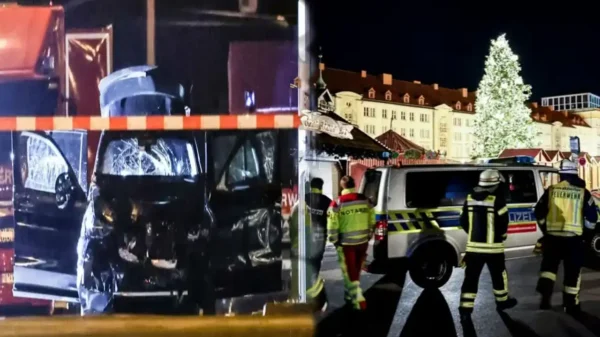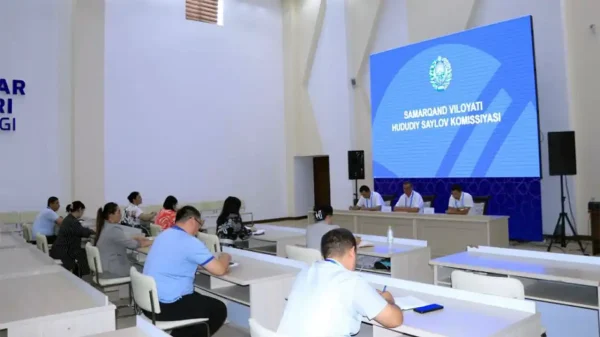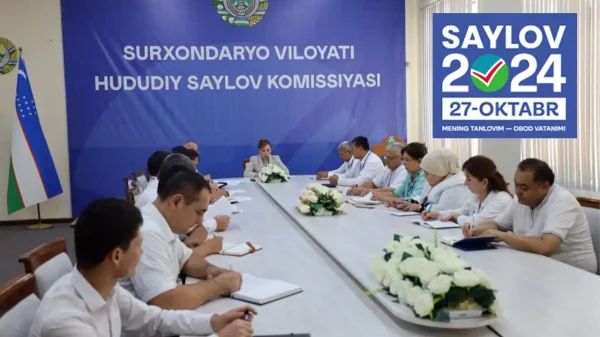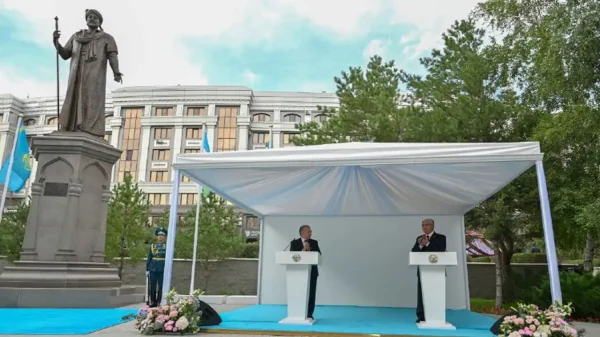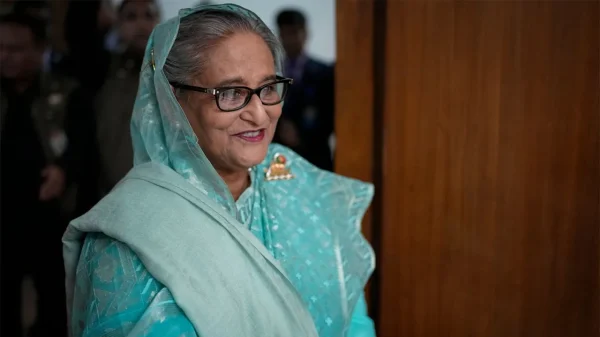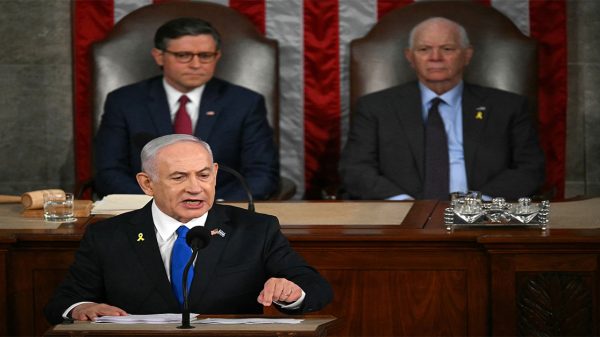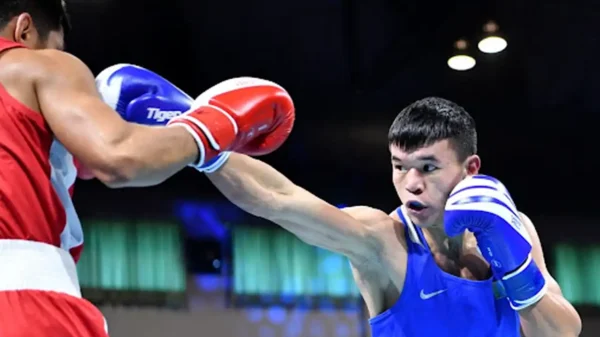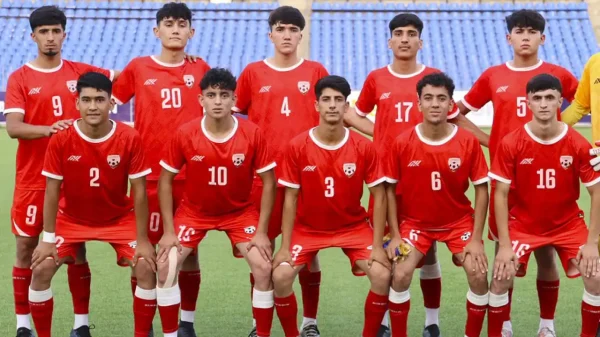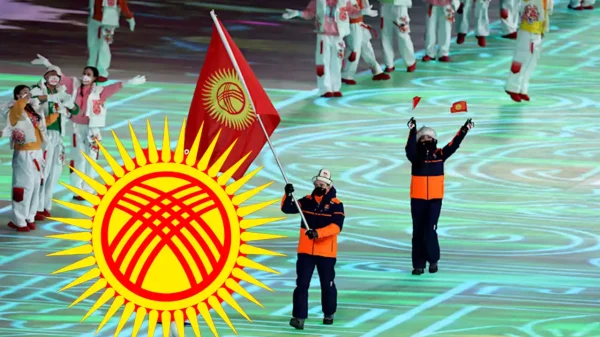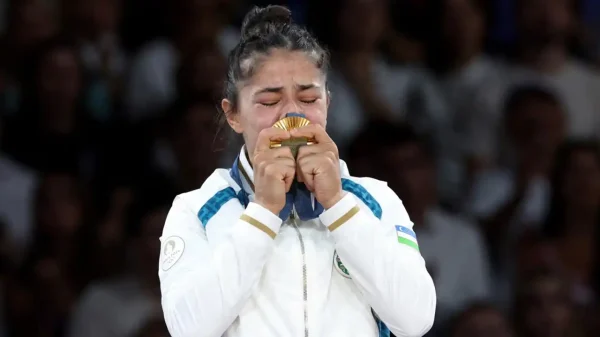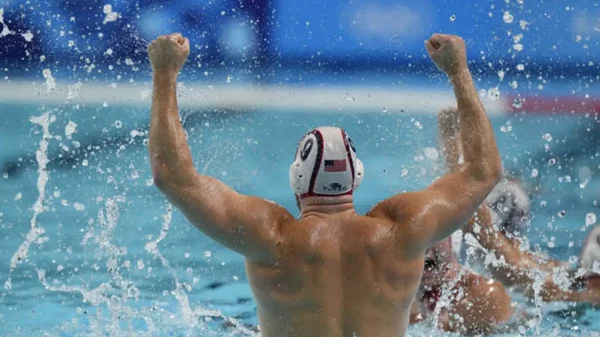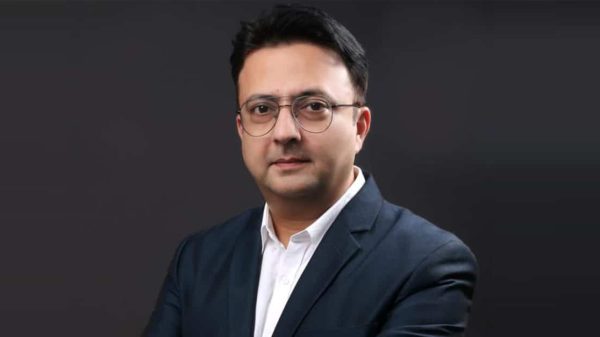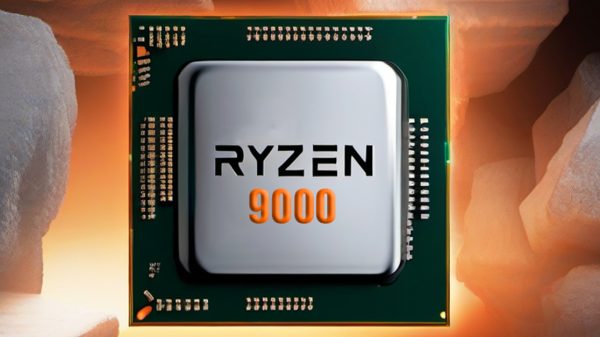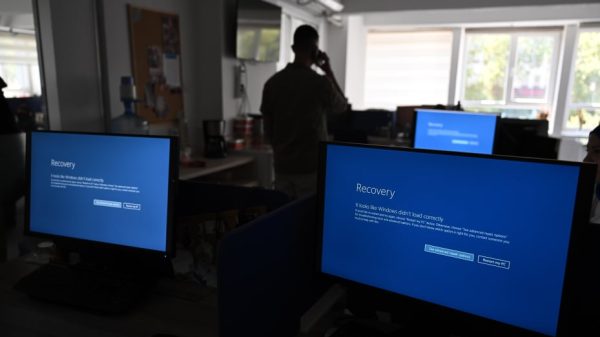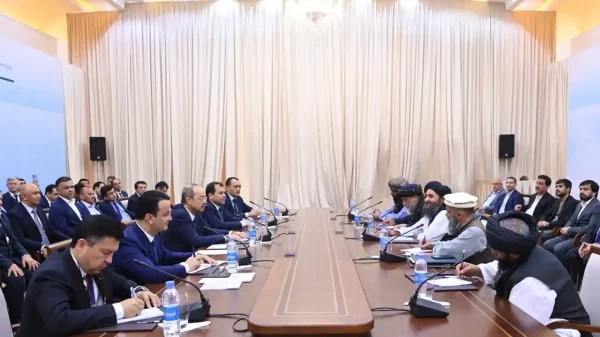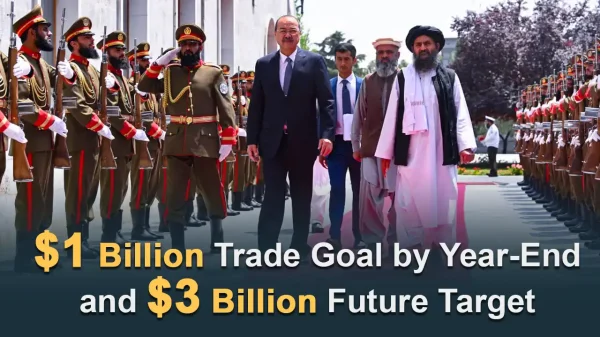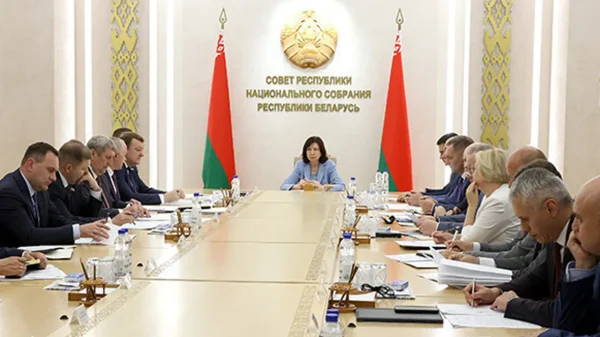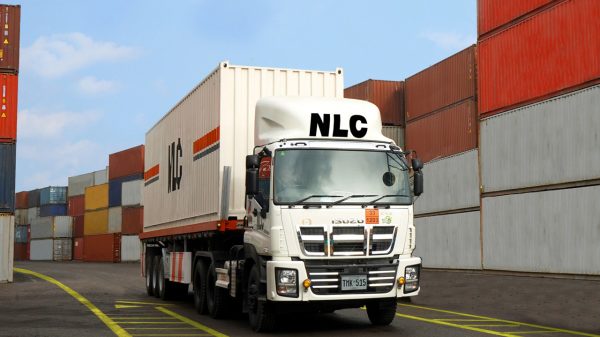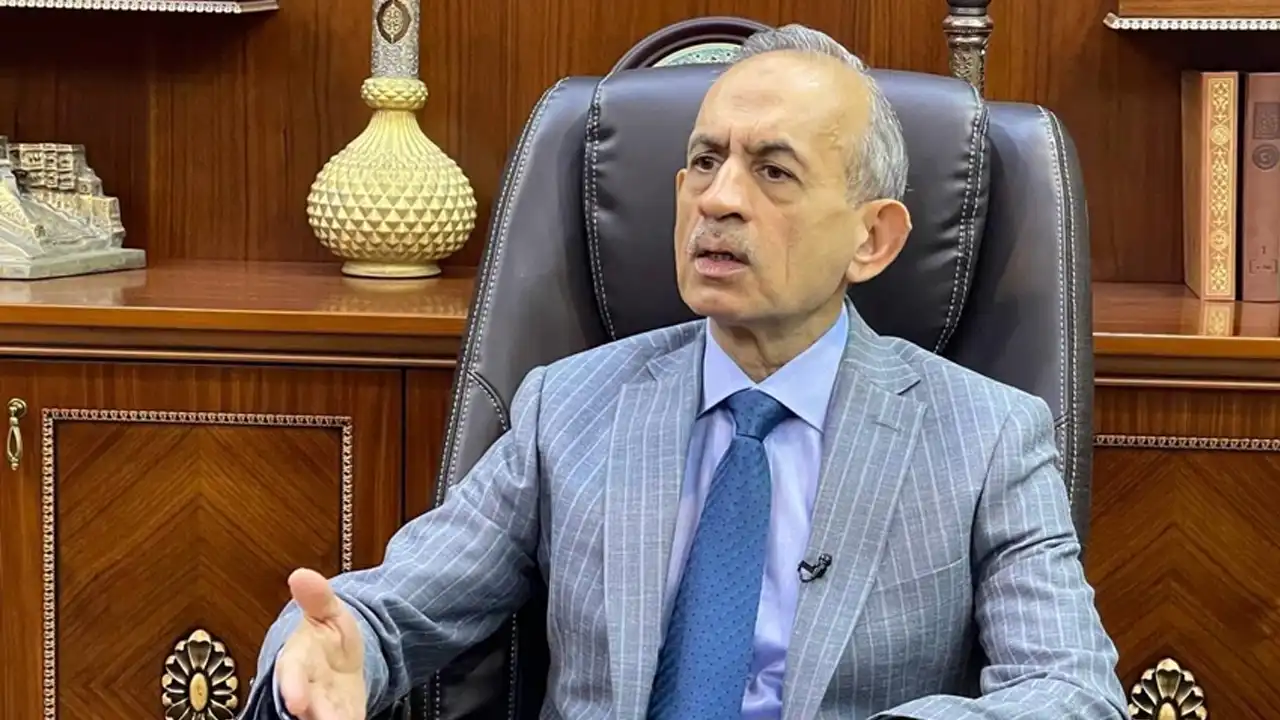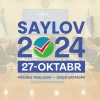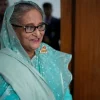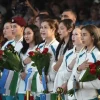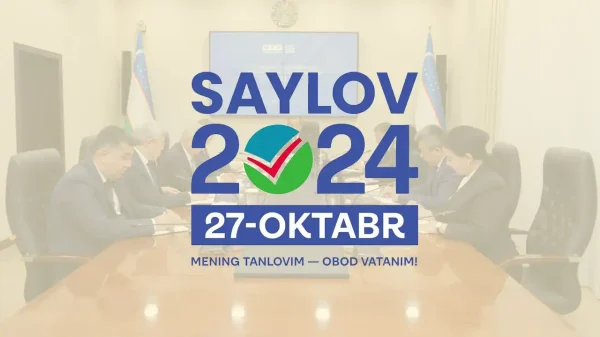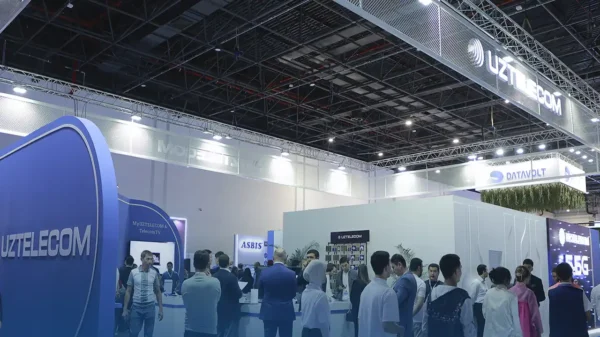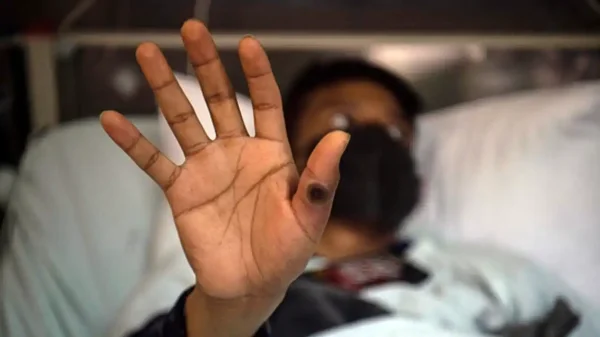Hassan Turan, the President of the Iraqi Turkmen Front (ITF), strongly condemned the recent session held for the election of Kirkuk‘s governor and the Provincial Council chairman, labeling it as “unlawful.” The session, conducted on Saturday evening in Baghdad, resulted in the election of Mohammed Ibrahim Al-Hafiz as Chairman and Ribwar Taha as Governor. However, the legitimacy of the process has been brought into question, sparking significant controversy.
Kirkuk election
During a press conference on Sunday, Turan highlighted the legal discrepancies surrounding the session, emphasizing that it was conducted without the knowledge or invitation of the council’s acting President, Rakan Saeed Al-Jabouri. This, according to Turan, was a direct violation of Article 7 of the Provincial Councils Law No. 21 of 2008. “We consider the session’s outcomes illegal and will appeal to the judiciary to annul them,” Turan stated firmly.
The election session has drawn criticism from various quarters, particularly from Rakan Saeed Al-Jabouri, the acting President of the Kirkuk Provincial Council and head of the Arab Coalition bloc. Al-Jabouri expressed his disapproval, noting that both the Arab and Turkmen communities were excluded from the formation of the local government. He further criticized the session for being conducted outside the Governorate, without a formal request from the acting president, and on a holiday, which he claimed violated Article 13 and the minutes of the first session.
Al-Jabouri described the situation as a betrayal, pointing out that six Arab representatives had chosen not to participate in the election session. He also condemned the exclusion of Turkmen members from the process, which further fueled the controversy surrounding the session’s legitimacy.
Adding to the legal concerns, the session’s legality was questioned due to the absence of the Kurdistan Democratic Party bloc and Turkmen members, as well as three members of the Arab bloc. The process of selecting Kirkuk’s governor had already been fraught with delays, with the local council’s first session on July 11 remaining unresolved. This stalemate eventually led to the intervention of Iraqi Prime Minister Mohamed Shia al-Sudani.
The ongoing disputes over the election session reflect the deep-seated tensions and political complexities in Kirkuk. The exclusion of key ethnic and political groups from the decision-making process has only exacerbated the situation, leading to a heightened sense of mistrust and instability in the region. As the legal challenges unfold, the future governance of Kirkuk remains uncertain, with potential repercussions for the broader political landscape in Iraq.



